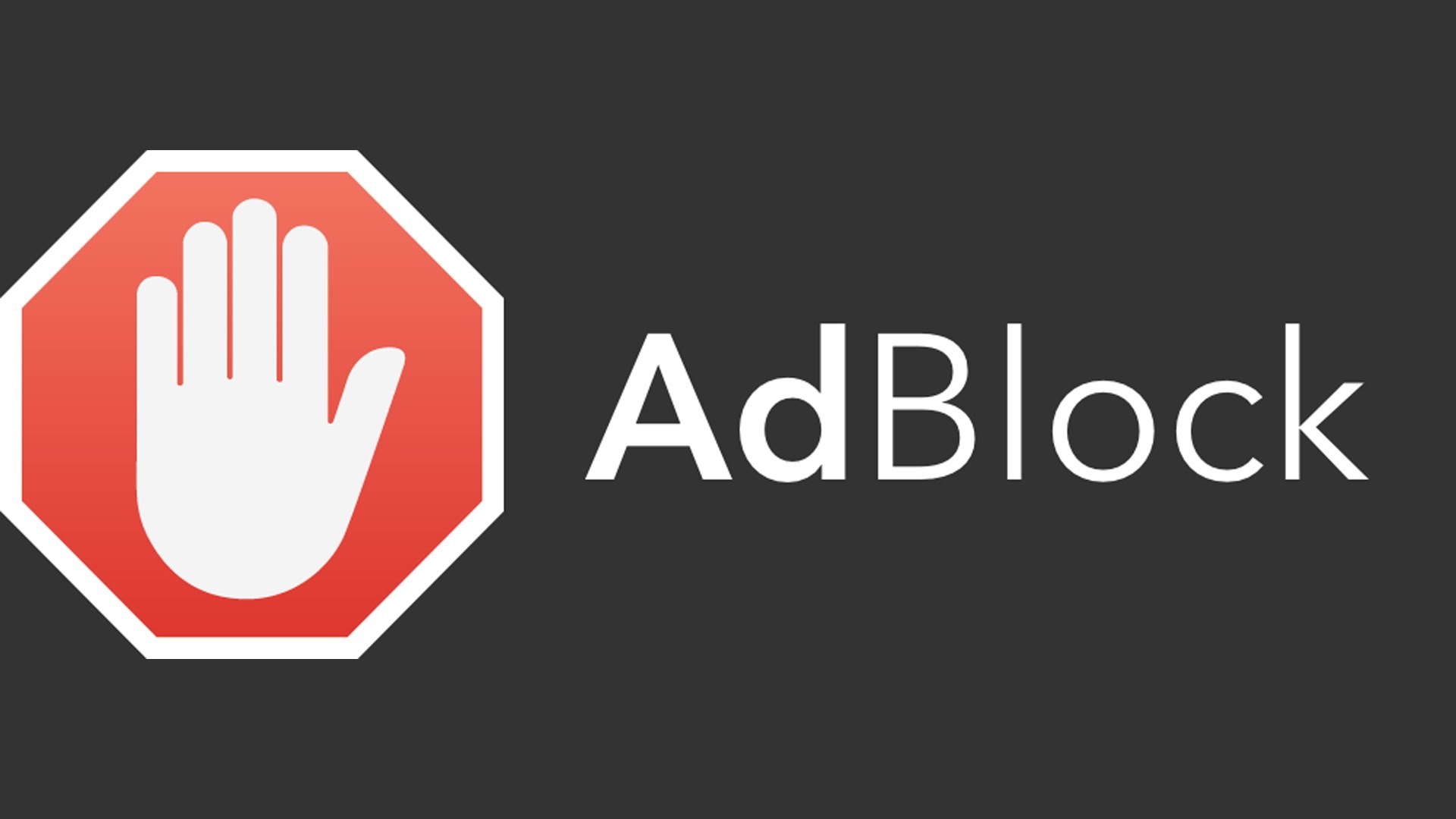AdBlock Plus owners remove competitors from app stores

AdBlock Plus ad blocker, which after a recent takeover is owned by Eyeo, is increasingly becoming a participant in public trials regarding the legality of use by users. As it turned out, AdBlock Plus has very tough ideas about the possibility of using AdBlock formulations in third-party products.
Recently, the Adblock Ultimate extension was removed from the Google Chrome Web Store after contacting Eyeo representatives who accused developers of illegally using the patented name. Adblock Ultimate ad blocker released by the Bulgarian development team. Recently, they also announced about 1 million installations, which is an excellent indicator for the project of this segment.
')
“We understand that your company uses the name“ Adblock ”solely because of the functionality of its own software. But AdBlock Plus has been using the ADBLOCK trademark since January 2006 in the USA, as well as other countries of the world, and actively invests in increasing the brand's awareness.
Because of this, AdBlock Plus has become associated with the ADBLOCK trademark, and we must protect our users from misrepresentation. Therefore, we ask you to change the name to any that does not contain the words “AdBlock”, “AdBlock Plus” or “ABP”, ”Eyeo addressed the request to the AdBlock Ultimate developers.
In turn, Adblock Ultimate developer Veselin Georgiev strongly disagrees with such requirements.
“We called Adblock Ultimate so because we thought that the word“ adblock ”is generally accessible and means blocking ads in any browser. In fact, most ad blockers in the Chrome Web Store contain the word “adblock”, ” said Veselin Georgiev to Business Insider.
On the territory of the European Union, Eyeo has no patents for the name “AdBlock” - instead, the company has only the trademarks “AdBlock Plus”, “AdBlock Browser” and a number of others. Accordingly, the requirement of representatives of Eyeo is currently illegal, at least in the territory of the European Union. For their part, Eyeo representatives refuse to comment on this particular case, justifying their decision by caring for users who may mistakenly download a malicious application.
Source: https://habr.com/ru/post/299972/
All Articles